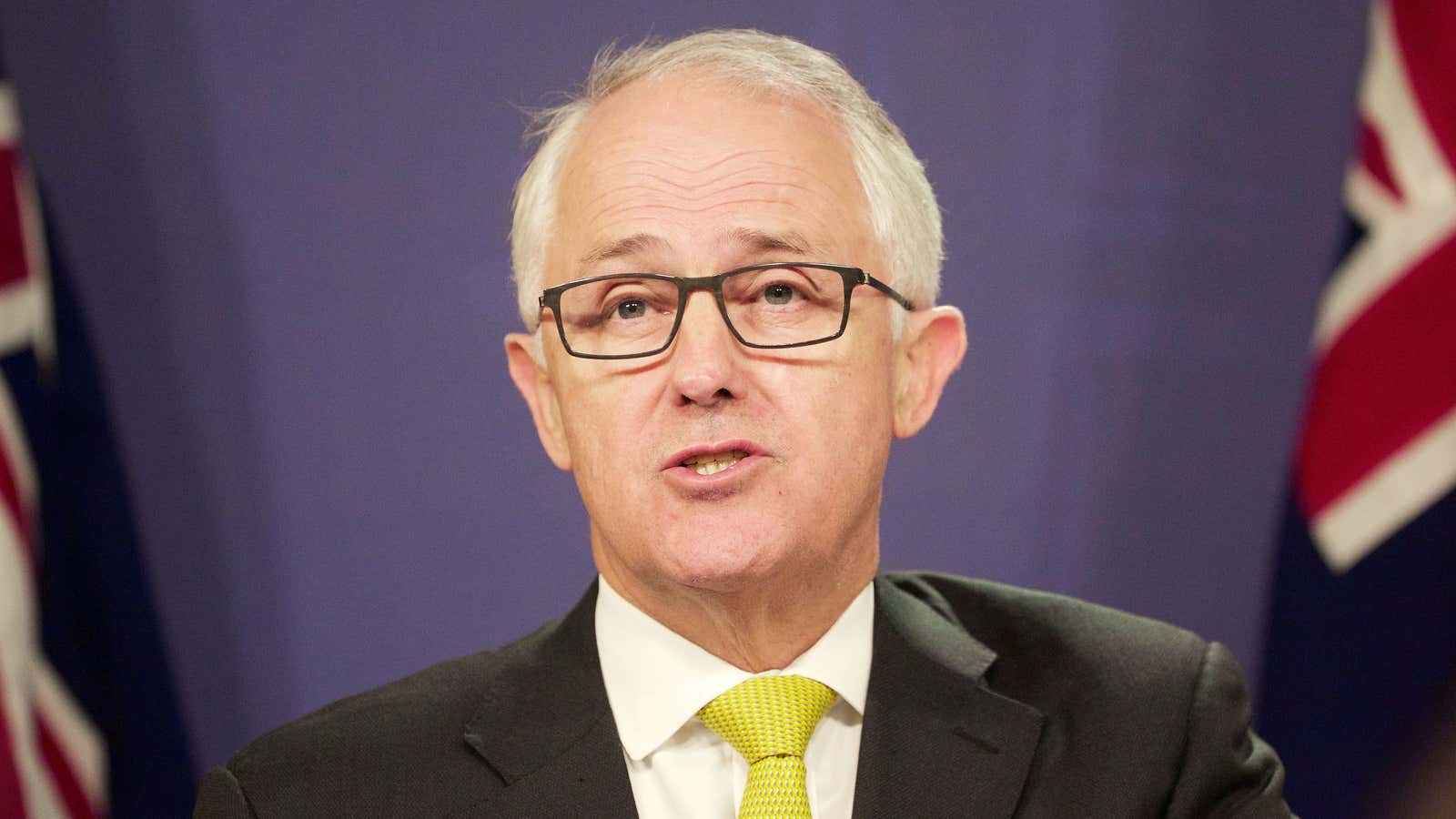Brisbane, Australia
Australia’s young African population is pushing back at what they see as a racially sensationalized portrayal of their place in Australian society by politicians and the local media.
Prime minister Malcolm Turnbull started off the year on Jan. 1 by warning Australians of the threats posed by supposed criminal gangs of African descent in Melbourne. Home affairs minister Peter Dutton went one step further in a radio interview saying “we just need to call it for what it is: African gang violence”. “The reality is people are scared to go out to restaurants at night time because they’re followed home by these gangs”, he added in a widely ridiculed statement that has lit up social media in the past week. He even called for the deportation of non-Australian born African youth to their home countries if they committed minor crimes.
The controversial comments came on the back of media coverage from Rupert Murdoch’s News Corp’s stable of local and national papers with headlines including “African crime gang brings chaos and crime to family park” and “African pack attack”
The stories of incidents in mid-December in various Melbourne suburbs involving mostly young South Sudanese men included an out of control house party resulting in a trashed Airbnb property and a teenager assaulting a police officer in a shopping centre.
“We feel that the issue is blown out of proportion and that political leaders should be careful in what they say. Their words carry so much weight and it can have such an impact on the group of people targeted” said Nyok Gor, co-founder of the South Sudanese Australian Peace Initiative.
But, young African Australians have responded with the hashtags #AfricanGang, #AfricanGangs and #Melbournebitesback to lampoon the hysterical reactions of politicians and media coverage for the past week. Focusing on the contributions of African Australians to wider Australian society, there has been pressure to show the positive aspects of integration for newly arrived migrants.
Sudanese activist Gor, acknowledged that crime is a problem for some newly settled African families, mostly of refugee backgrounds, dealing with the pressures of intergeneration trauma from the onset of conflicts. But he was keen to dispel double standards in media coverage and national political debates when it comes to young African men.
“There are young people involved in crime from many backgrounds including Anglo Australians, however when they commit crime ethnicity is not an issue” he told Quartz from Melbourne.
Sudan-born criminal offenders represent only 1.5% of all crimes committed in the state of Victoria, home to diverse African communities mostly from Eritrea, Ethiopia and more recently South Sudan. Australian-born offenders make up the majority of crimes committed and overall crime by young people under 25 has continued to fall in the past decade.
Victoria police has responded to the almost racialized debate by trying to remind the Australian public that the moniker of ‘gang’ is unsuitable and unhelpful.
Eunice Gibboyi, chairperson of the Afro Australian Student Organisation, has been working with the police and other multicultural organizations in developing more nuanced understandings of community policing with African communities who face the challenges of being stopped and frisked simply because of their.
“It is difficult to fit two identities into one…you kind have to mold yourself into …a a society that is probably not in favor of you. If there wasn’t an African Australian stereotype before, there’s definitely one now” she told Quartz.
Australia’s race relations have worsened under successive conservative governments with continuing institutional discrimination towards Aboriginal peoples and a White Australia Policy, which restricted immigration for non-whites until 1972. Australian celebrities and sports people still routinely don blackface unapologetically.
